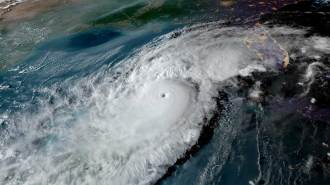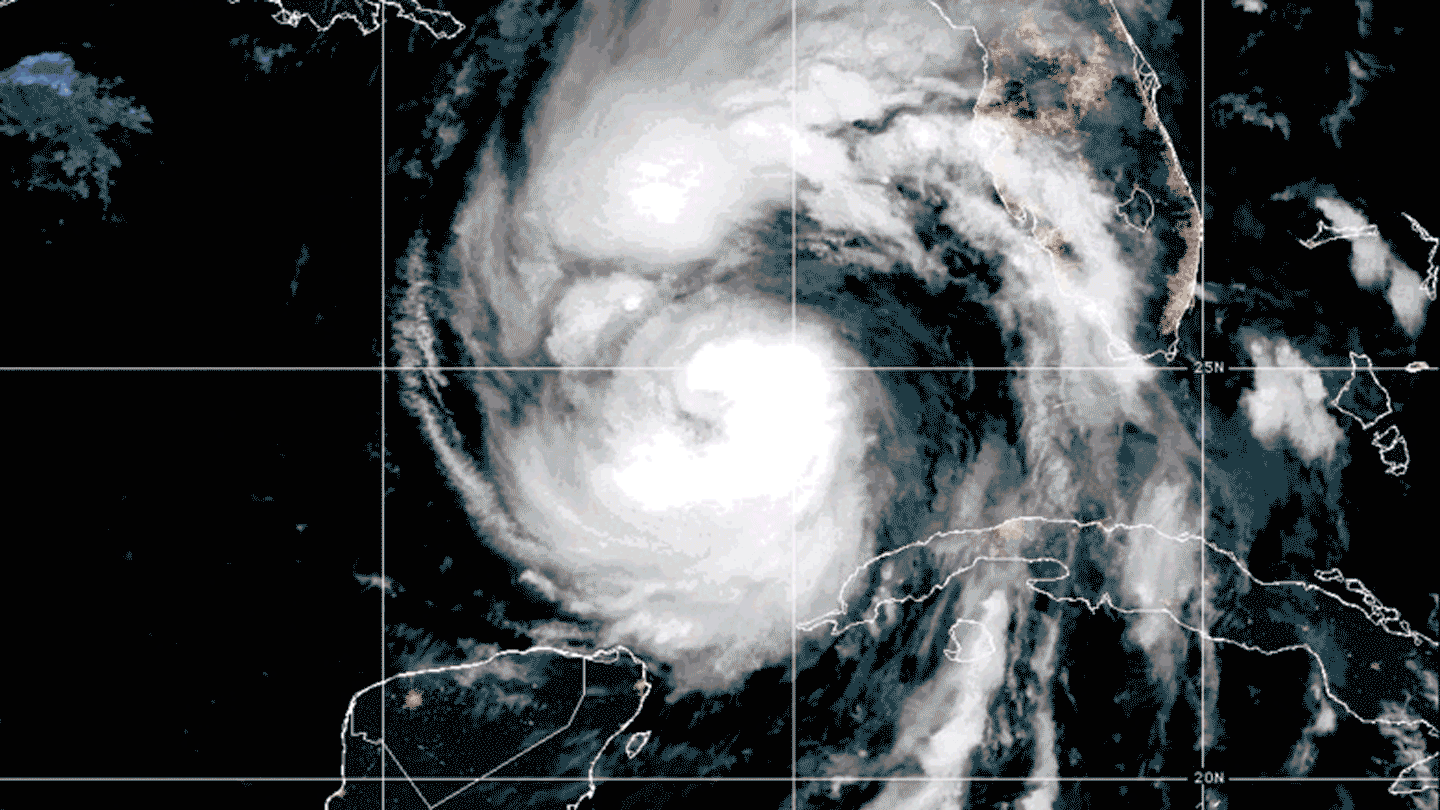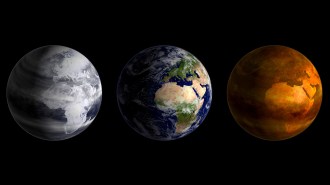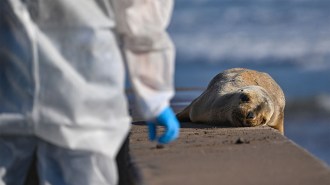Chart
Sign up for our newsletter
We summarize the week's scientific breakthroughs every Thursday.
-
 Artificial Intelligence
Artificial IntelligenceGenerative AI is an energy hog. Is the tech worth the environmental cost?
Generative AI and the hype around it has rung in excitement and alarm bells this year. Here’s how to consider climate, energy and AI's intersection.
-
 Climate
ClimateSatellite space junk might wreak havoc on the stratosphere
Hundreds of defunct satellites plunge toward Earth every year. Scientists are studying how the chemical stew left in their wake impacts the atmosphere.
-
 Climate
ClimateClimate change has amped up hurricane wind speeds by 29 kph on average
Every single Atlantic hurricane in 2024 had wind speeds supercharged by warming seas. One even jumped two categories of intensity.
By Nikk Ogasa -
 Health & Medicine
Health & MedicineDrop in vaping drives tobacco product use by U.S. youth to a record low
The fewest number of U.S. middle and high school students are currently using tobacco products since the National Youth Tobacco Survey began in 1999.
-
 Health & Medicine
Health & MedicineDoula care may lead to fewer C-sections or preterm births
A new study comparing the health outcomes of Medicaid patients with and without a doula suggests the extra support during pregnancy may be beneficial.
-
 Science & Society
Science & SocietyIs U.S. democracy in decline? Here’s what the science says
Political scientists disagree over how to interpret a slight dip in the health of U.S. democracy.
By Sujata Gupta -
 Climate
ClimateHow rapid intensification spawned two monster hurricanes in one week
New maps of wind impacts beyond Helene’s ‘cone of uncertainty’ track highlight how a hurricane’s power extends far inland.
-
 Climate
ClimateEarth’s ancient ‘greenhouse’ conditions were hotter than thought
A timeline of 485 million years of Earth’s surface temperatures shows ancient greenhouse conditions were hotter than scientists thought.
-
 Animals
AnimalsA risk-tolerant immune system may enable house sparrows’ wanderlust
Birds that are willing to eat seed spiked with chicken poop have higher expression levels of a gut immunity gene, a new study finds.
-
 Humans
HumansWorld record speeds for two Olympics events have fallen over time. We can go faster
The human body can go faster in the 100-meter dash and the 50-meter freestyle. But to reach full potential, our technique must be perfect.
-
 Health & Medicine
Health & MedicineBird flu has been invading the brains of mammals. Here’s why
Although H5N1 and its relatives can cause mild disease in some animals, these viruses are more likely to infect brain tissue than other types of flu.
-
 Artificial Intelligence
Artificial IntelligenceAI’s understanding and reasoning skills can’t be assessed by current tests
Assessing whether large language models — including the one that powers ChatGPT — have humanlike cognitive abilities will require better tests.
By Ananya